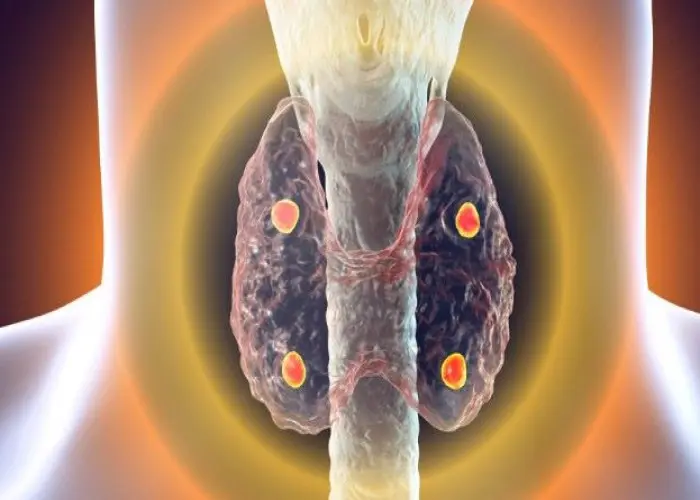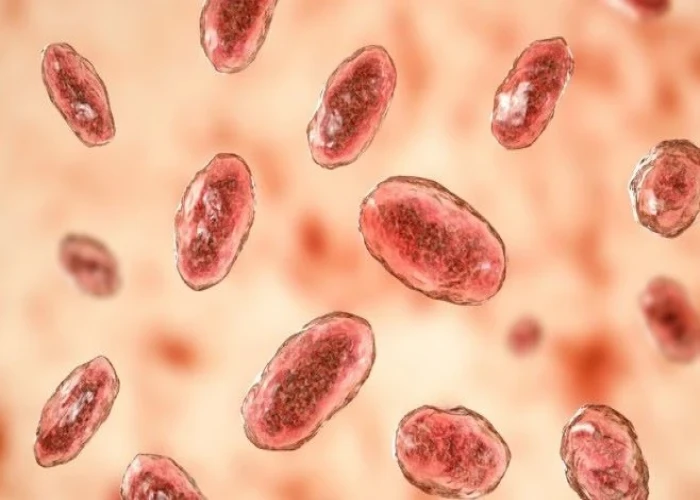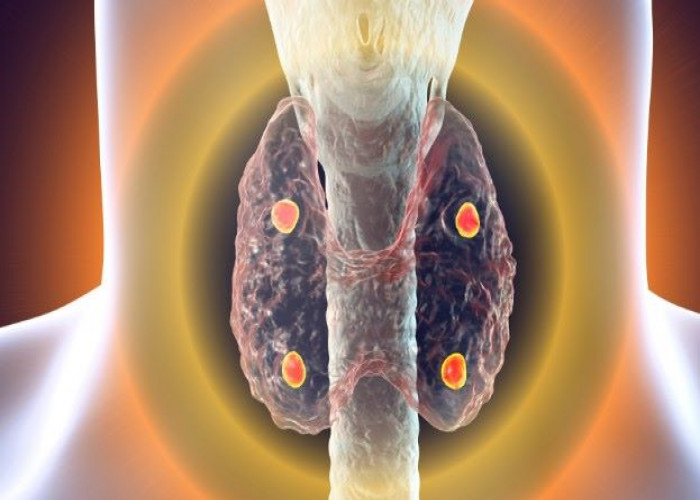 Welcome
Welcome
“May all be happy, may all be healed, may all be at peace and may no one ever suffer."
Hyperparathyroidism

Hyperparathyroidism is a medical condition in which the parathyroid glands produce too much parathyroid hormone (PTH), leading to an excess of calcium in the blood. The parathyroid glands are four small glands located in the neck that are responsible for regulating calcium levels in the body.
There are two types of hyperparathyroidism: primary and secondary. Primary hyperparathyroidism occurs when the parathyroid glands produce too much PTH, often due to a benign tumor. Secondary hyperparathyroidism occurs as a result of another condition, such as chronic kidney disease or vitamin D deficiency.
Symptoms of hyperparathyroidism can vary, but may include fatigue, weakness, depression, bone pain, kidney stones, and gastrointestinal symptoms. Over time, untreated hyperparathyroidism can lead to osteoporosis, kidney damage, and cardiovascular disease.
Treatment for hyperparathyroidism depends on the underlying cause and severity of the condition. In cases of primary hyperparathyroidism, surgery to remove the overactive parathyroid gland is often recommended. In cases of secondary hyperparathyroidism, treatment may focus on managing the underlying condition and correcting calcium and vitamin D deficiencies.
If you or someone you know is experiencing symptoms of hyperparathyroidism, it is important to speak with a healthcare provider for an accurate diagnosis and appropriate treatment. Managing calcium levels in the body is important for overall health, and early treatment of hyperparathyroidism can help prevent serious complications.
Research Papers
Disease Signs and Symptoms
- Weakened bone (osteoporosis)
- Kidney stones
- Frequent urination
- Abdomen pain
- Weakness
- Forgetfulness
- Joint pain
- Nausea or vomiting
- Loss of appetite
Disease Causes
Hyperparathyroidism
Hyperparathyroidism is caused by factors that increase the production of parathyroid hormone.
The parathyroid glands maintain proper levels of both calcium and phosphorus in your body by turning the secretion of parathyroid hormone (PTH) off or on, much like a thermostat controls a heating system to maintain a constant air temperature. Vitamin D also is involved in regulating the amount of calcium in your blood.
Normally, this balancing act works well. When calcium levels in your blood fall too low, your parathyroid glands secrete enough PTH to restore the balance. PTH raises calcium levels by releasing calcium from your bones and increasing the amount of calcium absorbed from your small intestine.
When blood-calcium levels are too high, the parathyroid glands produce less PTH. But sometimes one or more of these glands produce too much hormone. This leads to abnormally high calcium levels and low phosphorus levels in your blood.
Calcium is best known for its role in keeping your teeth and bones healthy. But calcium also aids in the transmission of signals in nerve cells, and it's involved in muscle contraction. Phosphorus, another mineral, works along with calcium in these areas.
Hyperparathyroidism may occur because of a problem with the parathyroid glands (primary hyperparathyroidism) or because of another disease that affects the glands' function (secondary hyperparathyroidism).
Primary hyperparathyroidism
Primary hyperparathyroidism occurs because of some problem with one or more of the four parathyroid glands:
- A noncancerous growth (adenoma) on a gland is the most common cause.
- Enlargement (hyperplasia) of two or more parathyroid glands accounts for most other cases.
- A cancerous tumor is a very rare cause of primary hyperparathyroidism.
Primary hyperparathyroidism usually occurs randomly, but some people inherit a gene that causes the disorder.
Secondary hyperparathyroidism
Secondary hyperparathyroidism is the result of another condition that lowers calcium levels. This causes your parathyroid glands to overwork to compensate for the calcium loss. Factors that may contribute to secondary hyperparathyroidism include:
- Severe calcium deficiency. Your body may not get enough calcium from your diet, often because your digestive system doesn't absorb the calcium from it.
- Severe vitamin D deficiency. Vitamin D helps maintain appropriate calcium levels in the blood. It also helps your digestive system absorb calcium from your food.
- Your body produces vitamin D when your skin is exposed to sunlight. You also consume some vitamin D in food. If you don't get enough vitamin D, then calcium levels may drop.
- Chronic kidney failure. Your kidneys convert vitamin D into a form that your body can use. If your kidneys work poorly, usable vitamin D may decline and calcium levels drop, causing parathyroid hormone levels to go up. Chronic kidney failure is the most common cause of secondary hyperparathyroidism. Some medical treatments, such as vitamin D, bisphosphonates and cinacalcet, will lower PTH levels.
- In some people with long-term end-stage kidney disease, the parathyroid glands enlarge and begin to release PTH on their own, and PTH doesn't go down with medical treatment. This is called tertiary hyperparathyroidism, and people with this condition may require surgery to remove parathyroid tissue.
Disease Prevents
Disease Treatments
Disease Diagnoses
Disease Allopathic Generics
-
Carbimazole
Anti-thyroid drugs.
In mild disease, 30mg in divided doses 3 times daily for 4-6 weeks. For severe patients 40-60mg in divided doses 3 times daily. If this disease is prevented, 10 mg daily should be taken for a long time to control the disease.
-
Clobazam
Medicines containing clobazam for anxiety, restlessness, restlessness and sleep.
1 pill 2/3 times a day.
-
Diazepam
1 pill 2/3 times a day.
-
Propranolol Hydrochloride
If the pulse is fast, propranolol is added.
1 pill 3 times a day.
-
Vitamin B complex
2 capsules 1 time a day.
-
Ferrous Sulfate
1 capsule 2 times a day or 1 pill 3 times a day after meals.
-
Calcium Carbonate
1 pill 2 times a day for 12 days.
Disease Ayurvedic Generics
Disease Homeopathic Generics
Disease yoga
Hyperparathyroidism and Learn More about Diseases

Myelodysplastic syndromes

Folliculitis

Male infertility

Absence seizure

Polyhydramnios

Pheochromocytoma

Mesenteric lymphadenitis

Alcohol use disorder
hyperparathyroidism, হাইপারপ্যারথাইরয়েডিজম
To be happy, beautiful, healthy, wealthy, hale and long-lived stay with DM3S.
